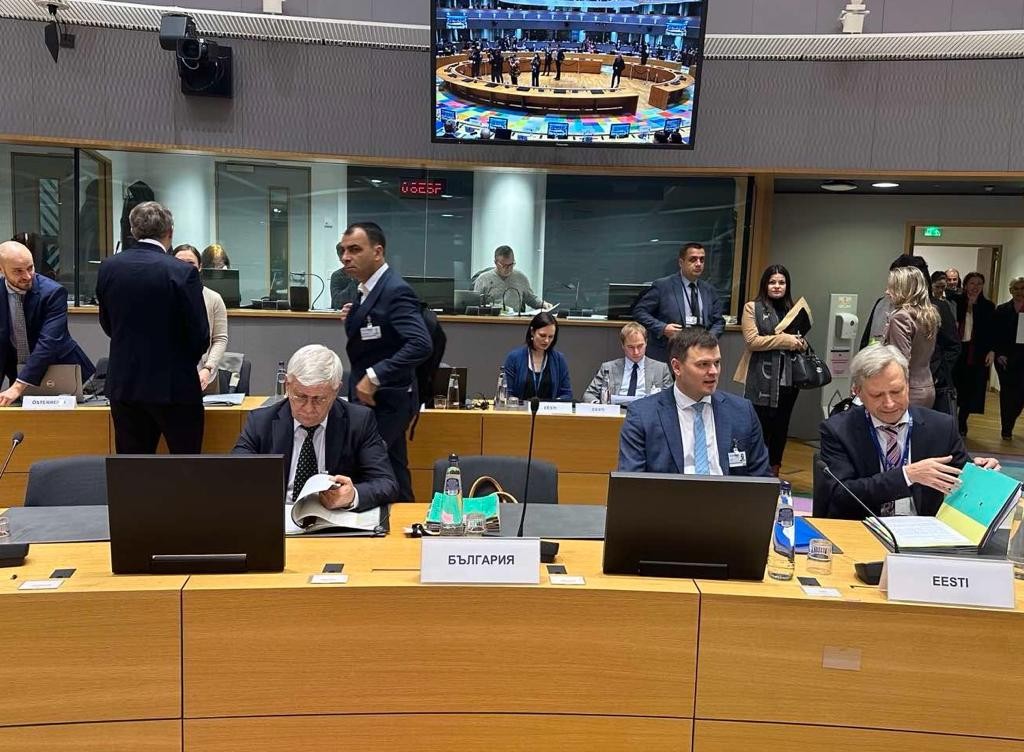The European Parliament is due to make a crucial decision at the beginning of February regarding the application of so-called new genomic techniques (NGTs) in the creation of new plant varieties. The draft regulation envisages the elimination of many of the safety checks for the NGTs which are still in the process of acquiring laboratory patents. Experts say that this runs counter to one of the guiding precautionary principles of the community, hitherto protected by strict regulations. The subject of new genomic techniques polarized the opinions of experts in the country, and Bulgaria chose to keep neutrality during the European discussions.
“Europe used to be like an oasis among all other continents, where only a given variety of hybrids were allowed after strict testing regarding any harmful effects on the environment and on agriculture,” engineer Svetla Nikolova from Agrolink association, which has been working towards the promotion of organic farming in Bulgaria since 1999, said in an interview with Radio Bulgaria.
“In Bulgaria, 90% of people don’t want GMO, it is the same in Germany and in France. After the Council of Ministers failed to reach consensus in December, the draft was put to discussion. Under Belgium’s new Presidency, consultations in agriculture working groups began as of 1 January, but the very first sitting showed there were a great many points of conflict. Many questions were raised which the European Commission could not give an answer to. Consequently, the sittings were suspended, and an attempt was made to make a decision at a political level. European Commissioners started paying visits to different countries and promising the governments that the NGTs will not be patented. However, the patent authority is not within the jurisdiction of the European Commission, and these promises are unrealistic and disrespectful to the people who know the law.”
The techniques themselves were created 12 years ago, but there is no evidence they are safe. At the same time, the draft regulation envisages that they be released into the environment without being clearly marked and thus controlled.
In 2018, the European Court of Justice ruled that all gene-edited plants are regulated through the European Union's GMO regime. “In classical selection there is no change in the genes of the plants, and if there is gene editing, then what we have is GMO,” Svetla Nikolova says:
“What the EC is promising is that in 7 years’ time, if the regulation is approved, studies will be conducted to establish whether there are any, including negative effects. We asked the minister of agriculture of Bulgaria, under the law on access to public information, who is going to be held accountable if anything were to happen during this trial period.”
Engineer Svetla Nikolova says that the lobbies of four giant companies, which control 70% of the world’s seed market, are behind this regulation. Some produce chemicals like glyphosate, and medicines. “In practice, this means controlling the food chain on the planet,” Svetla Nikolova says and goes on: “It should not be forgotten that food is connected with traditions and history as well.”
A petition has been launched in Bulgaria calling for keeping Bulgaria a GMO-free zone.
Photos: Pixabay, Darina Grigorova, BGNES
NATO tests new 'no U.S.' mission model in Balkans NATO is testing its ability to deploy rapidly across Eastern Europe - without direct US support - as Washington shifts its approach to European defence and the war in Ukraine, the Associated Press..
Love blooms with renewed vigour every year on 14 February! Valentine's Day is increasingly being celebrated in Bulgaria as a holiday that inspires lovers to share beautiful moments together. Traditions include the exchange of cards, gifts and romantic..
From February 14 to 16, an event under the motto "Love and Wine" will allow Sofia residents and guests of the city to combine the Bulgarian holiday of wine Trifon Zarezan with Valentine's Day. It will be held on the pedestrian zone..
The first Dalmatian Pelican of this season hatched a few days ago in the protected area Kalimok - Brushlen near the Danube town of Tutrakan, reports the..
On February 16, Radio Bulgaria celebrates its 89th anniversary . Throughout these years, our multilingual media has been not only a channel of information,..
More than 4,000 participants from 52 masquerade groups from all over the country will take part in the Jamala National Masquerade Festival in Kyustendil on..

+359 2 9336 661
